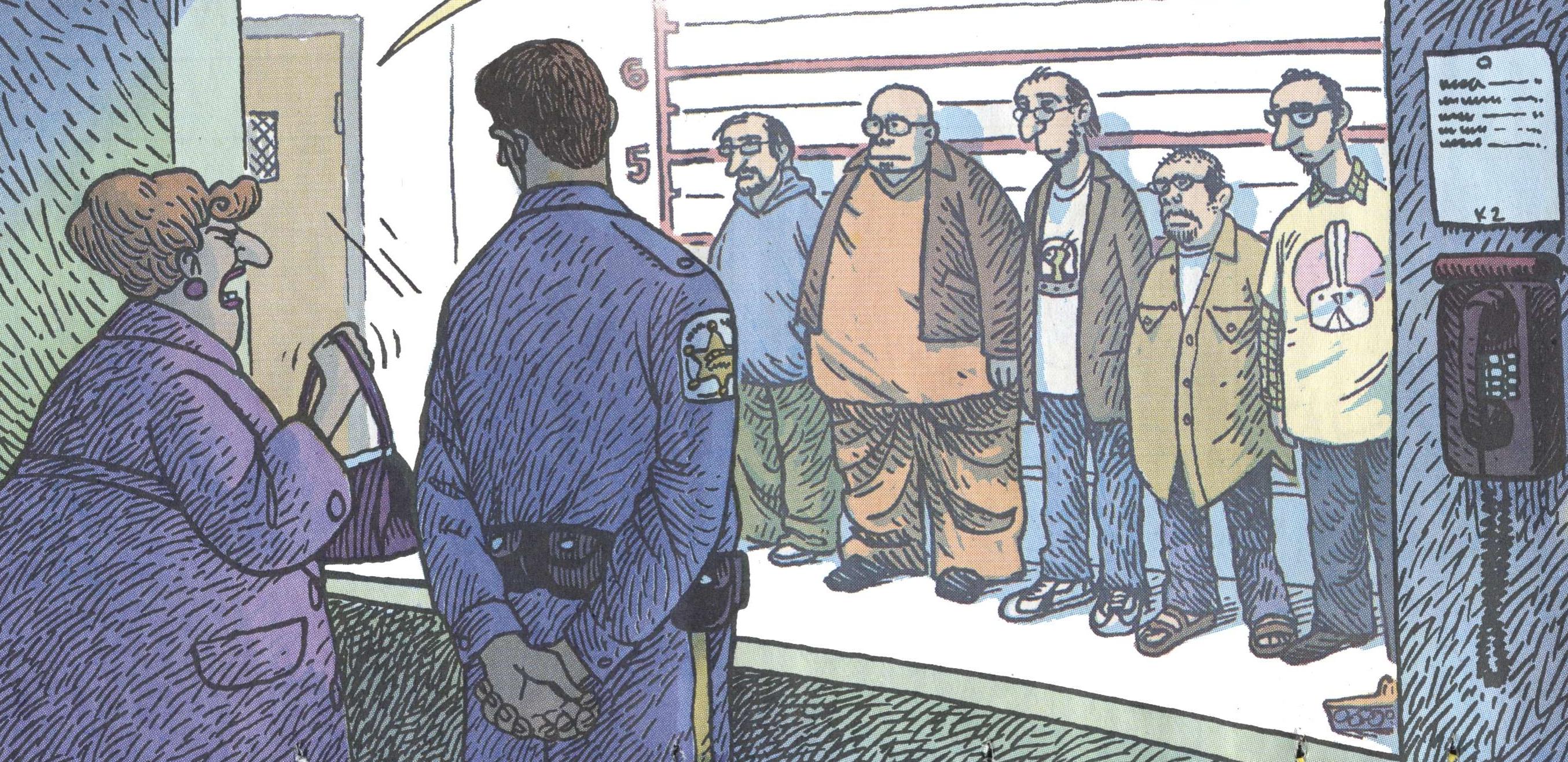
After conducting a Frye hearing to examine the methodology of research into the field of eyewitness identification and how the research may aid triers of fact to understand the limitations of eyewitness testimony, a three-judge panel of the Philadelphia Court of Common Pleas has found the science behind eyewitness testimony to be generally accepted among scientists such that it should be admissible if helpful to the jury. Therefore, the panel allowed a defendant to present expert testimony as to “the fallibility of human memory, the science as to human recall, and scientific studies related to the reliability of eyewitness testimony generally.” This decision was on remand from an opinion of the Pennsylvania Supreme Court (for more on that decision, look here), 92 A.3d 766 (2014), and was decided in late March of this year.
The Supreme Court’s decision permits, where otherwise admissible, expert testimony to focus on (1) the phenomenon of weapons focus, (2) the reduced reliability of identification in cross-racial cases, (3) the significantly decreased accuracy in eyewitness identifications in high stress/traumatic criminal events, (4) the increased risk of mistaken identification where the police to not warn a witness that the alleged suspect may or may not be in a photo array or lineup, and (5) the lack of a strong correlation between witness statements of confidence and witness accuracy. This Court of Common Pleas panel decision took it a step further, allowing thirteen additional factors to be presented by an expert Psychologist, including the effects of brief exposure on eyewitness accuracy, the use of simultaneous rather than sequential lineup, unconscious transference and commitment effects, and the post-identification feedback effect.
The panel recognized that jurors “commonly overestimate the accuracy of eyewitness identifications,” and that, this being the case, expert testimony explaining the different factors contributing to accuracy of an identification would be useful to jurors. While the decision clearly states that it is not a “blanket decision as to the utility of expert testimony in all cases,” the panel concluded that “there is ample, and growing, evidence indicating that jurors are unaware of just how fallible human memory can be in these circumstances, and it is fair to assume that judges will be guided by that body of evidence in making these determinations.”
While this case has no precedential value in counties outside Philadelphia, it remains persuasive. For Philadelphia attorneys, look to submit this decision if the DA makes a Frye argument against your expert eyewitness evidence. If challenged, a defense attorney will still need to refer back to the original Walker Supreme Court decision to demonstrate relevancy in the particular case.
This case was argued by the Philadelphia Defender Association. The Pennsylvania Association of Criminal Defense Lawyers contributed to the effort in the Supreme Court. It joins a growing list of cases and reports on the problematic use of unreliable eyewitness identifications in our criminal justice system.
If you believe that your case may have been marred by the witting or unwitting use of questionable eyewitness testimony, contact a Fairlie & Lippy attorney today for a free consultation.


















Or contact me privately:
steve@fairlielaw.com
(215) 997–1000